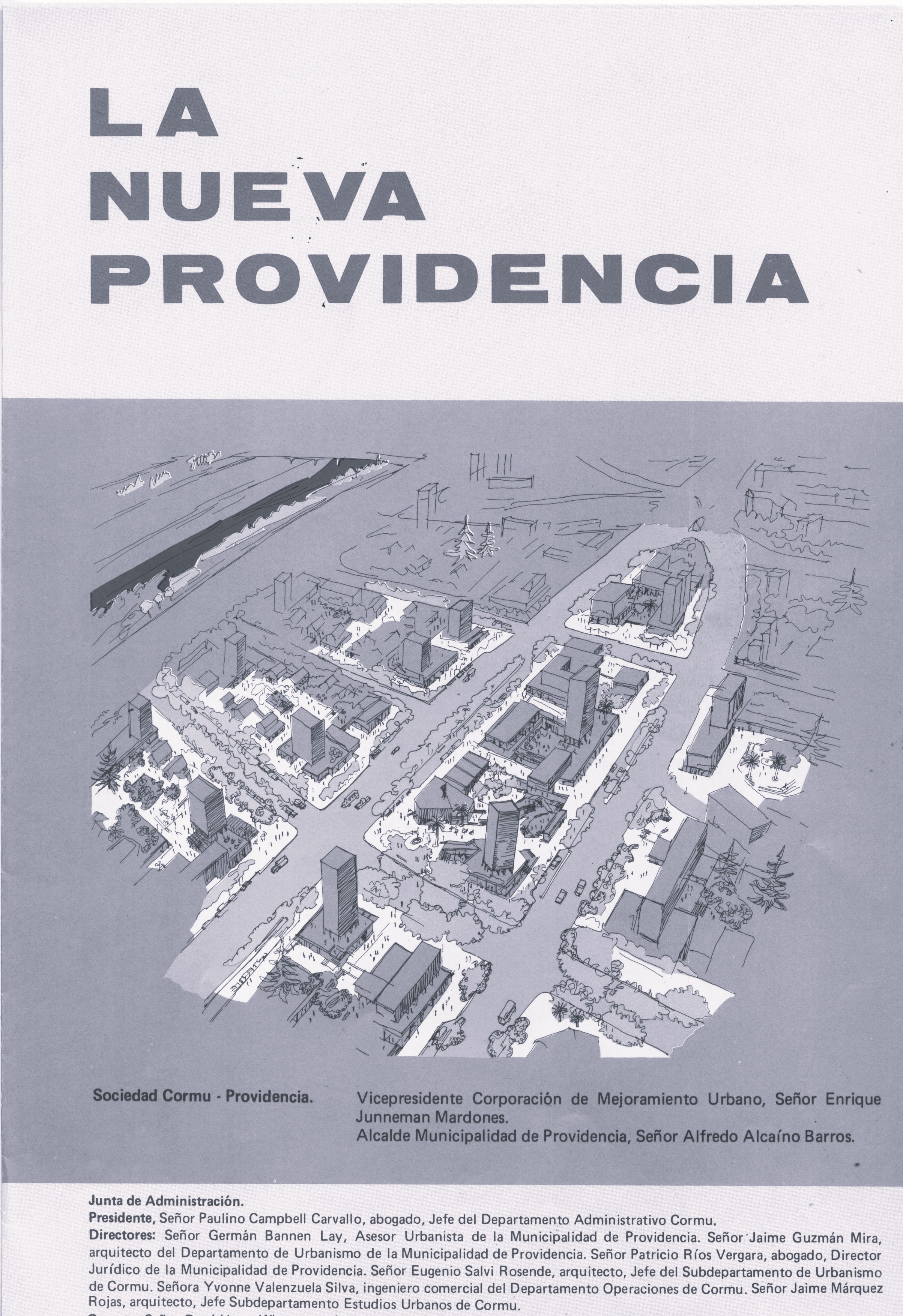Why is planning public spaces through incentive regulations so challenging? An analysis of the Providencia Passage Plan in Santiago, Chile.
Main Article Content
Abstract
This article examines the incentive planning policy implemented in Santiago de Chile since the 1930s, focusing on its application in a specific central district: Providencia. Incentive Zoning regulation was developed in this district with the greatest intensity in the country. A total of 62 cases resulting from this public policy were examined, consisting of an analysis of planning processes, field observations, and interviews with architects, planners, and project developers. This process revealed that most of these resulting public, but privately owned spaces (POPS) did not correspond to the intention of creating significant public spaces. On the contrary, Chilean architects and developers interpreted this incentive planning instrument mainly to capture higher bonuses in terms of the constructability of the projects, rather than its original purpose, which was to encourage the development of urban spaces that would enhance public life in the central area of the district and city.
Downloads
Article Details

This work is licensed under a Creative Commons Attribution-NonCommercial-NoDerivatives 4.0 International License.

